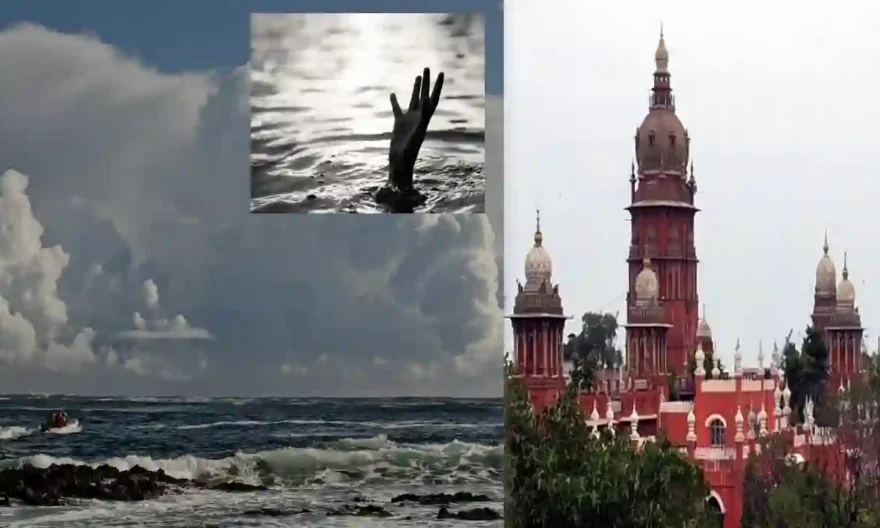
The Madras High Court recently held that a college cannot be held responsible for the death of a student who died by drowning after jumping into the sea voluntarily against the directions of the college authorities.
On September 27, 2014, the college organized a ‘coastal cleaning’ event, which told the Court, was a voluntary event and was part of the National Service Scheme (NSS).
54 students participated in the event and though all participants had been prohibited from going into the sea by the college authorities, two students jumped into the sea for a bath after the cleaning activity was over.
Justice SM Subramaniam stated that the student jumped into the sea for a bath despite the college authorities had prohibited all participants from doing so.
The Court stated that he voluntarily took a risk and, therefore, the principle of Volente non-fit injuria could be squarely applied to the case.
The High Court ruled that “Since it was the voluntary act of two students for jumping into the sea, the principle of “Volenti Non-Fit Injuria” squarely applies to the facts of this case. Therefore, none can be blamed for the voluntary act of the deceased student. The deceased student at the time of drowning was aged about 21 years and capable of taking independent decisions. He had not followed the instructions given by the organizers. Out of 54 students, two students alone jumped into the sea without even informing the Organizers. While so, the organizers cannot be held responsible for the voluntary act of the deceased student.”
Therefore, the Court refused to grant a compensation of ₹25 lakhs to the family of the student but instead granted a fixed compensation by adopting the multiplier method and directed the respondent college to pay ₹5 lakhs to the deceased’s family.
The Court heard a petition filed by the deceased student’s family members. As per the plea, they belonged to a poor family. The deceased was a 3rd-year student in a private engineering college in the Kancheepuram district in Tamil Nadu.
One of them drowned and passed away.
The petitioner’s counsel told the Court that the College failed to inform the district collectorate and the local police about the event and that it didn’t have the requisite permission from the district authorities for the beach cleaning activity.
It was also submitted that there were no lifeguards or coast guard authorities to rescue the drowning students. On seeing that the two boys were drowning, another student, one of the participants jumped after them and managed to save one of them, they told the Court.
By not informing the authorities of the event in advance, the college had been negligent and was thus liable to pay the compensation amount of ₹25 lakh.
However, the High Court, stated that no one could be blamed for the voluntary act of the deceased student. It said that the present case was not one of “absolute negligence” on the part of the authorities but that of a “milder form of negligence.”
It said that the Court could not accept that a 21-year-old student was unaware of the consequences of jumping into the sea.
The Court ruled that “The risk element involved would have been considered by the student before jumping into the sea. Thus, he has accepted the consequences voluntarily. The voluntary acceptance of risk exonerates the organizers from liability and responsibility.”
Advocate M Radhakrishnan appeared for the petitioner.
Senior Central Government Panel Counsel M Arvind Kumar appeared for the Union of India, a respondent in the case.
Additional Advocate General P Kumaresan and Advocate T Arun Kumar appeared for the respondents Tamil Nadu government and the Kancheepuram district collector.
Additional Government Pleader V Meenakshi Sundaram appeared for respondents Anna University and the University’s NSS program coordinator. Advocate M Arun Kumar appeared for the Indian Maritime Foundation. Advocate G Saravanan appeared as the chairperson and the principal of the respondent Engineering College.




